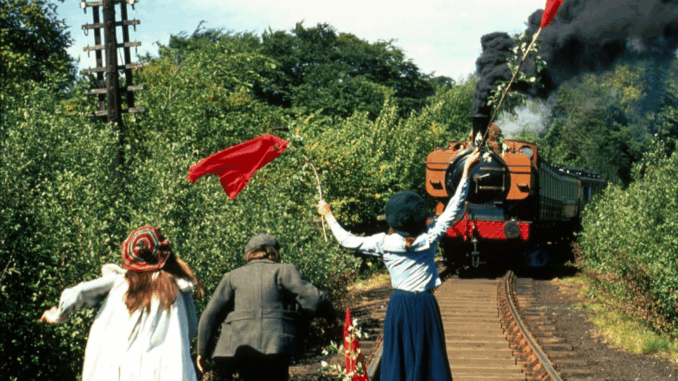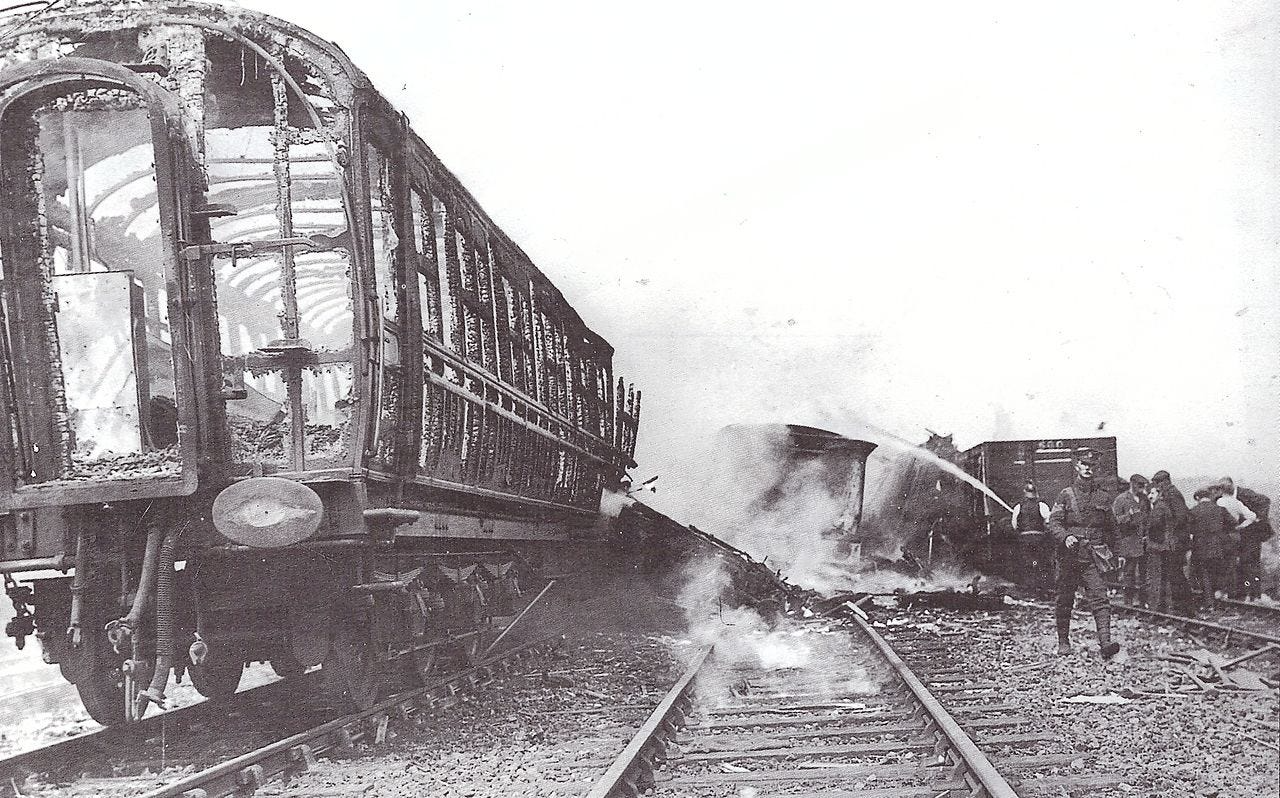
A Defining Childhood Scene
In the film Fried Green Tomatoes, one of the most memorable and symbolically rich moments takes place during Idgie Threadgoode’s childhood—when she defiantly walks along the railroad tracks, showing early signs of the fierce independence and nonconformity that would define her entire life. This scene is brief, but it echoes throughout the film’s narrative, laying the foundation for the story’s themes of rebellion, identity, and the refusal to be boxed in by societal norms.
Idgie’s First Act of Rebellion
We are introduced to young Idgie as a spirited, willful child who already shows signs of rejecting expectations placed upon her by her conservative Southern family and community. In this scene, she walks along the railroad tracks barefoot, arms outstretched for balance, daring the world—and perhaps the approaching train itself—to tell her who she should be.
This moment isn’t just about a child’s play or danger; it’s about a girl declaring herself on her own terms. The symbolism is immediate and striking: the tracks represent society’s set path, its rigid direction, and the train stands for the pressures of tradition barreling toward her. Idgie’s boldness in occupying that space, even for a few moments, marks her first conscious step toward becoming the fearless woman she later becomes.
A Visual Metaphor for the Road Less Traveled

The imagery of the railroad is powerful and deeply metaphorical. In American storytelling, train tracks often symbolize a journey, progress, or sometimes entrapment. For Idgie, they embody all three. But instead of walking alongside the tracks like most people do—safe but obedient—she walks on them. She embraces risk. She challenges fate.
This metaphor becomes even more poignant when we consider the trajectory of her life. Idgie does not follow the conventional path of becoming a genteel Southern lady. She rejects debutante balls, marriage proposals, and the expected subservient role of women at the time. From that moment on the tracks, she has already chosen a different journey—one filled with danger, but also with freedom.
Echoes in Adulthood: The Tomboy Grows Up
What makes this scene especially resonant is how directly it links to adult Idgie (played by Mary Stuart Masterson). The grown-up version of the wild little girl on the tracks still wears suspenders and boots, still resists social norms, and still refuses to let others define her worth or femininity. She protects the vulnerable, runs the Whistle Stop Café with strength and humor, and forms a deep, possibly romantic partnership with Ruth Jamison, a relationship unspoken but undeniably powerful.
When we remember her as that fearless girl on the tracks, every later act of bravery and defiance feels even more earned. Her stand against the Klan, her unwavering loyalty to Ruth, her contempt for judgmental townsfolk—all of it began with that first act of courage in childhood.
The Train as a Force of Patriarchy and Conformity
In a broader sense, the oncoming train symbolizes the cultural pressures that steamroll over people who dare to be different—especially women in the early 20th-century American South. Idgie’s decision to face that force, rather than shrink away from it, represents the film’s quiet feminist undercurrent. She challenges both gender roles and racial injustice (especially through her protection of Sipsey and Big George), embodying the spirit of resistance in a time and place that punished deviation.
Innocence and Loss
There’s also a bittersweetness to this scene. It’s one of the last glimpses we get of Idgie’s innocence before her brother Buddy’s tragic death. The scene is bathed in warm, golden light, suggesting the fleeting nature of childhood and the looming shadow of loss. The railroad tracks, after all, are also the place where Buddy meets his fate, tying the imagery to grief and memory. Idgie’s youthful defiance turns into a coping mechanism—a hardened armor forged in the fires of sorrow.
Legacy and Inspiration
For viewers, especially women and LGBTQ+ audiences, this scene has become an emblem of authenticity and bravery. It invites us to consider the tracks we’re told to walk—and whether we might be brave enough to step onto them, not beside them. Idgie becomes more than a character; she becomes an archetype of self-possession and resistance to unjust expectations.
This childhood moment is echoed decades later when Evelyn Couch (played by Kathy Bates) finds her own strength through Ninny Threadgoode’s stories of Idgie. The spirit of that girl on the tracks transcends generations, inspiring another woman to stop apologizing for taking up space and to reclaim her own narrative.
Conclusion: A Brief Scene with a Lifelong Echo
Idgie Threadgoode’s moment on the railroad tracks may seem small in the grand arc of Fried Green Tomatoes, but it reverberates through every choice she makes and every life she touches. It’s a symbol of standing your ground in the face of unstoppable forces, of walking your own path even when the world tries to run you down. It reminds us that sometimes, the journey begins not with a grand speech, but with a barefoot girl balancing on rails, daring the world to move her.
